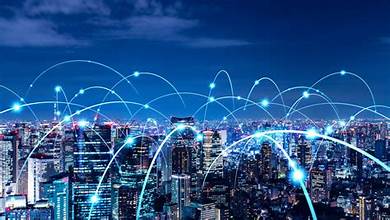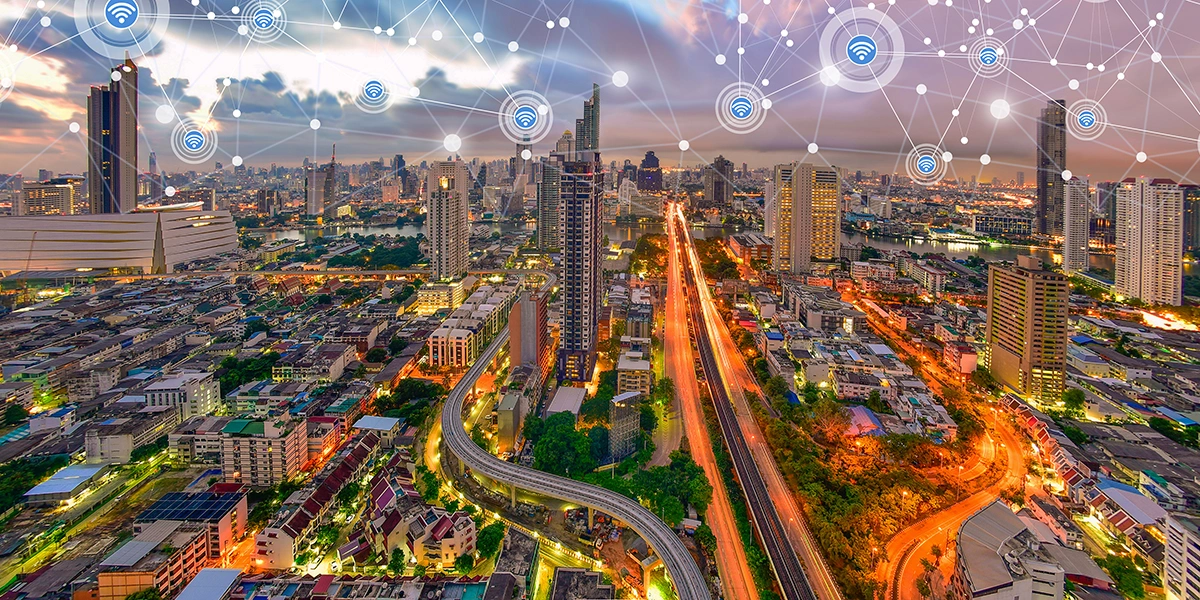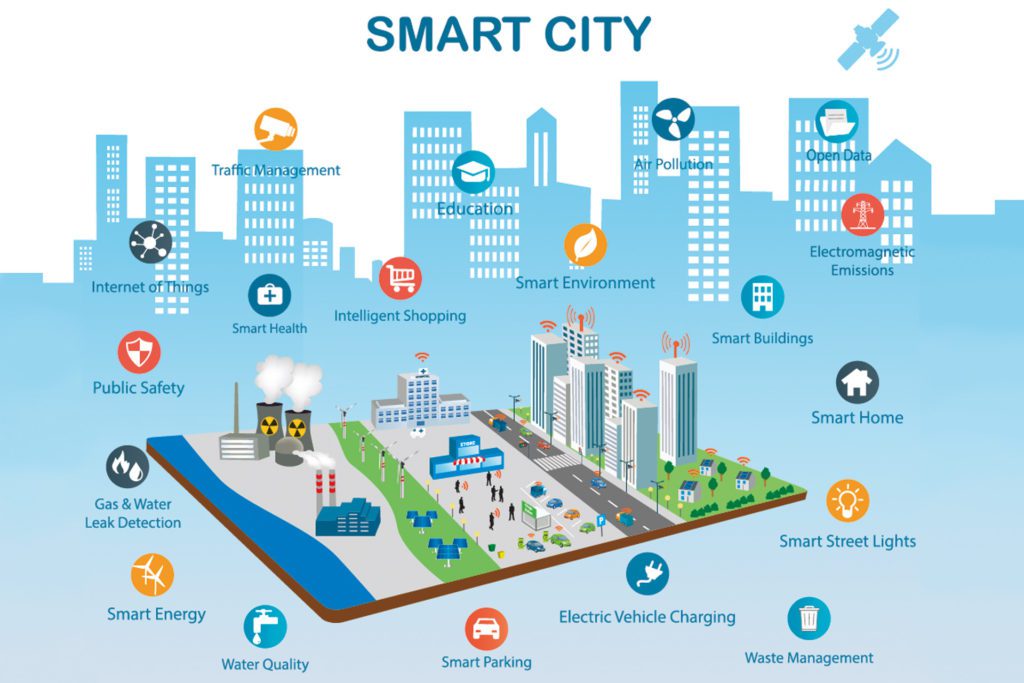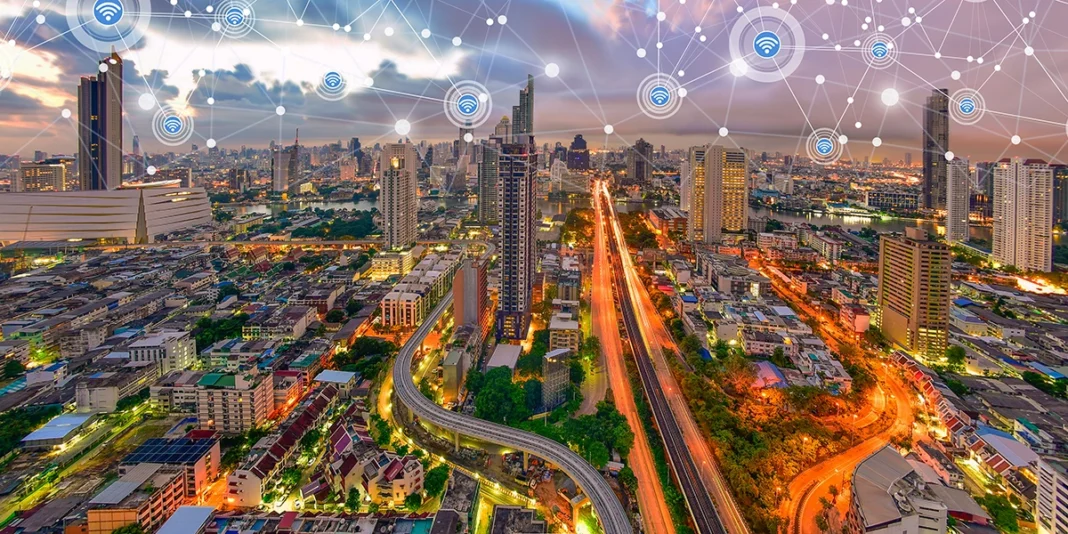
As smart cities evolve, emerging technologies are at the forefront of transforming urban living. These innovations not only enhance the quality of life but also drive efficiency and sustainability. Here’s a look at the top five technologies reshaping the future of smart cities in 2024.
1. 5G Connectivity
5G technology is revolutionizing urban infrastructure by offering faster and more reliable internet connections. This ultra-fast connectivity is crucial for the seamless operation of various smart city applications, from autonomous vehicles to real-time data analytics. With reduced latency and increased bandwidth, 5G supports the growth of the Internet of Things (IoT) devices, enabling smarter traffic management, efficient energy use, and enhanced public safety systems.
2. Artificial Intelligence (AI) and Machine Learning
Artificial Intelligence (AI) and machine learning are becoming integral to smart city management. AI-driven systems analyze vast amounts of data to optimize traffic flow, predict maintenance needs, and enhance public safety. Machine learning algorithms help in pattern recognition, which improves decision-making processes in real-time. For instance, AI can predict traffic congestion and adjust traffic signals accordingly, leading to smoother and safer transportation networks.
3. Smart Energy Management Systems
Energy efficiency is a cornerstone of smart cities, and smart energy management systems are leading the way. These systems use advanced sensors and AI to monitor and manage energy consumption across various city sectors. By optimizing energy use in buildings, street lighting, and public transport, smart energy management reduces waste and lowers costs. Additionally, integrating renewable energy sources with smart grids ensures a more sustainable and resilient energy supply.
4. Urban Drones
Urban drones are emerging as a transformative technology in smart cities. These aerial devices are used for a range of applications, from monitoring infrastructure and delivering goods to surveying disaster zones. Equipped with high-resolution cameras and sensors, drones provide valuable data for city planners and emergency responders. They also play a role in traffic management by offering real-time aerial views of congestion and accidents.
5. Blockchain for City Services
Blockchain technology is enhancing transparency and security in smart cities. By using decentralized ledgers, blockchain ensures that data related to city services, transactions, and governance is secure and tamper-proof. This technology is particularly useful for managing digital identities, tracking municipal resources, and facilitating smart contracts. Blockchain’s immutable records help in reducing fraud and improving trust between citizens and city authorities.
Conclusion
The integration of these emerging technologies is shaping the future of smart cities, making them more connected, efficient, and sustainable. As 2024 progresses, these innovations will continue to drive advancements in urban living, addressing the challenges of growing populations and increasing demands on city infrastructure. Embracing these technologies will be key to creating smarter, more resilient urban environments.














